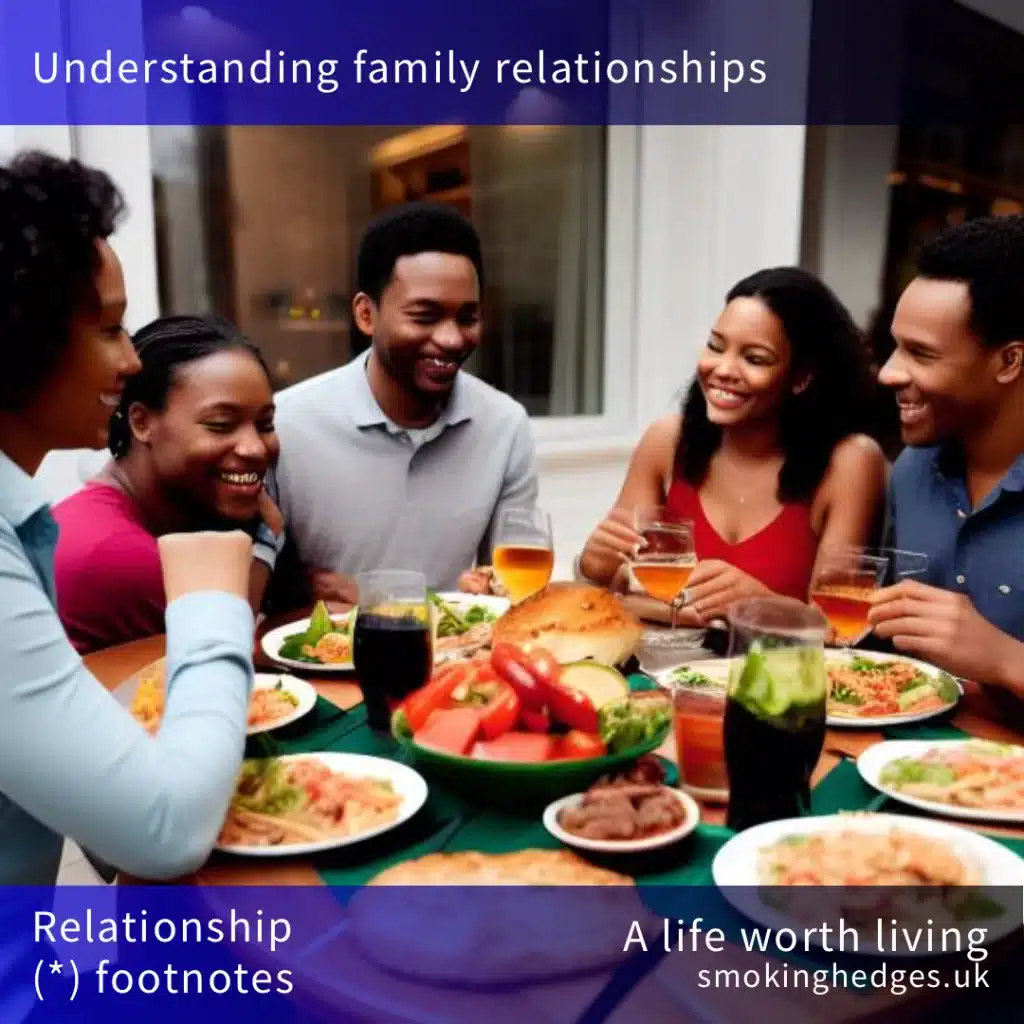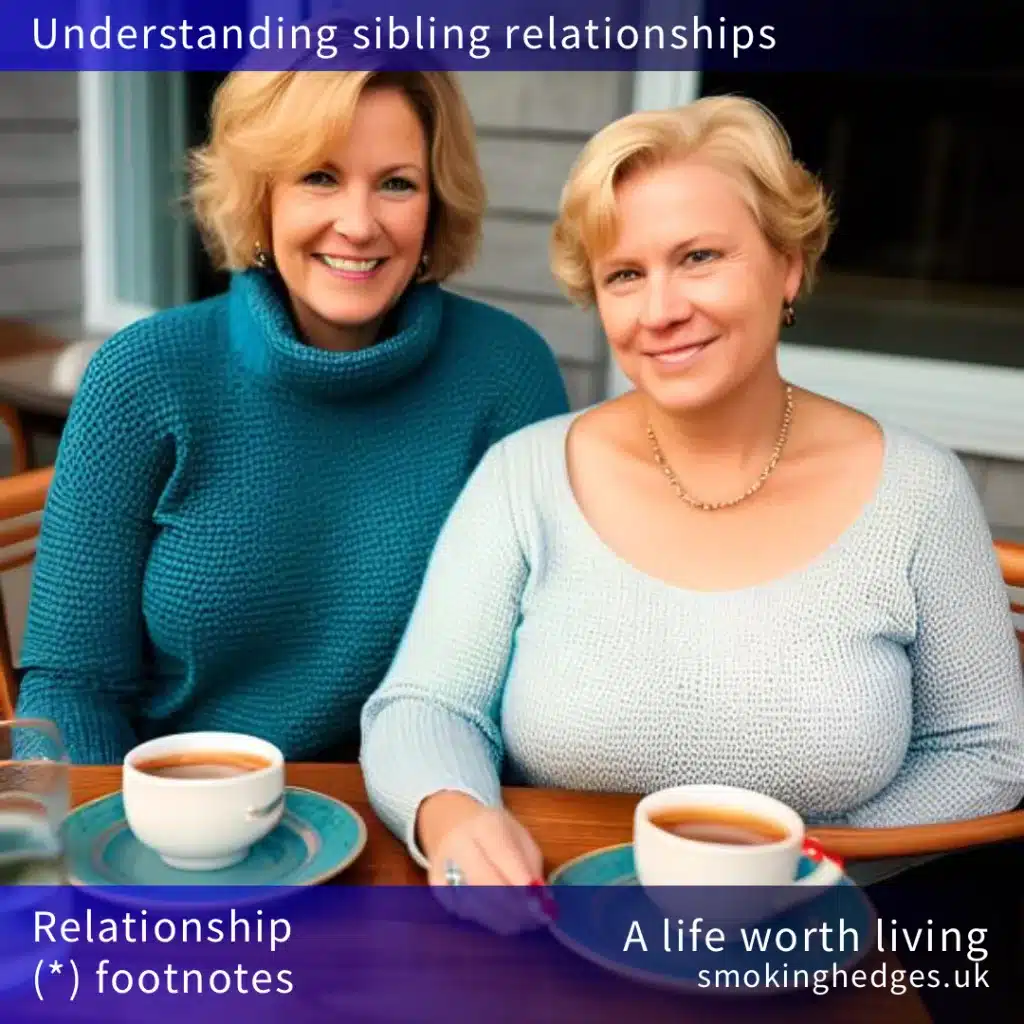
A life worth living – part 3
(*) Relationship footnotes
You can find notes about:

How to learn from the past
If you understand your past, you might create the necessary distance to old memories and trauma. This distance can make it possible to learn. When you learn from the past, it’s less probable it will repeat itself.

How does silence feel for you?
Does silence feel comfortable or uncomfortable when you’re with another person? This can be a good indication of how the relationship between the two of you is.

Who are you in a relationship?
Look at who you are in a particular relationship. Do you like who you are? Is this person really you? Is this a person you want to be?
How to manage family relationship

How to understand your relationship with your parents
Grant your parents the right to be ordinary, fallible people. And grant yourself the right to feel the full rainbow of emotions they are worthy of.

How to understand family relationships
You aren’t in some kind of mystical life-long debt to people just because they share some of your DNA. Enjoy supporting and respectful family relationship. Or defend your personal boundaries if it’s not like this.

How to understand sibling relationships
Your brother or you sister might be your best friend for life. Or not. Siblings can have highly incompatible personalities. When you understand this, you can defend your boundaries and preserve your dignity.
How to start a partner relationship

How to start a long-term relationship
The decision to enter a life-long relationship might be the biggest decision you’ll ever make. Give yourself the time you need to make the right decision.

What reasons are not good enough to build a life-long relationship on?
“We are so much in love”, “My parents would be so happy”, and several other reasons not good enough to build a life-long relationship on.

Inadequate reasons to marry explained
Why “We’re so in love”, “My parents would be so happy”, “All my friends are married already”, and several other reasons aren’t good enough reasons on their own.

Why should people live together before getting married
If you are about to commit for life, tie yourself up in huge financial investments, and (most importantly) bring into this world new people who need decades of care, you need to know exactly who you’re partnering up with.

Is living together before marriage immoral?
To answer the question, we’ll have to think of what morality is. Is it obeying rules or is it making responsible choices to minimise suffering?

Is sex before marriage wrong?
Sex is an important thing for most people, but there is a huge variation in how we need sexual contact to be. Aspiring couples need to know each other sexually before committing for life.

What do you need to know about your partner before marriage?
This depends on what’s important for you. What are your core values? What do you expect from life and the relationship? And is your partner compatible with this?

Why should couples get married?
Not because of the ceremony. Not because of the wedding party, the cakes, the bridesmaids, or the speeches.
You should get married because of the contract.
What is a good relationship?

What is a good relationship?
The big question is: What is a good relationship for you?
Think about it! Because if a relationship doesn’t feel quite right for you, it’s hard to know what’s wrong if you don’t know what’s right.

What do you need to feel safe in a relationship?
How important is safety for you in your relationships? What does the word safety mean to you? What do you need to feel safe in a relationship?

What do you need to feel respected in a relationship?
What is respect? Is it about submissiveness? Does it depend on achievements? No, respect in a relationship is mostly about acceptance.

How much predictability do you need in a relationship?
This depends on who you are, of course. But in good relationships, both parties will know and respect each other’s needs for predictability. If you’re constantly walking on eggshells, beware!

What do you need to feel supported in a relationship?
A supporting relationship isn’t necessarily about agreeing on every matter. But it’s all about tolerance, acceptance and empathy.